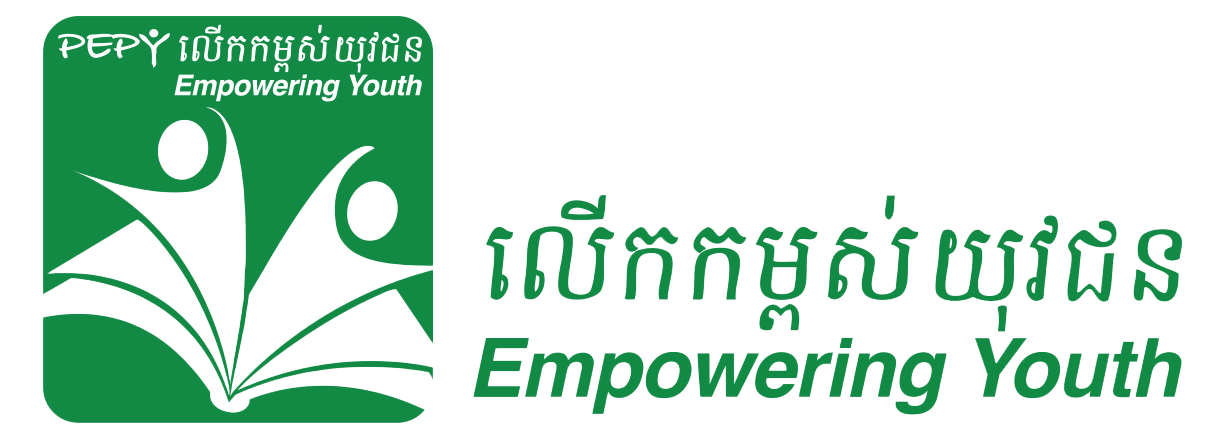New Schools in Chanleas Dai!
January 20, 2009Breaking Ground
January 26, 2009“Adventurous Traveling, Responsible Volunteering” — Voluntourism Effective Practices
Voluntourism is an increasingly used word reflecting two burgeoning industries: tourism and volunteering. Just as it sounds, voluntourism is loosely defined as volunteering while traveling, though the industry has yet to define exclusively what is a “voluntourist” or “voluntourism” trip. For decades, people have traveled somewhere to volunteer – missionary work or Peace Corps or international volunteering programs – so it is difficult to separate this industry as something entirely novel, but there is a recognizable pattern of increased interest in volunteer opportunities for people who are traveling. Often voluntourism is associated with adventure travelers, but a voluntourist is not just the twenty-something thrill-seeker; families are looking for ways to give back while on their holidays and people of all ages want to learn more about the cultures they are visiting and offer something in return by engaging in volunteer activities.
In the United States, “voluntourism” appeared more frequently after hurricane Katrina, an indication that it does not necessarily imply traveling abroad. Given the current state of the economy, more voluntourism trips are being offered domestically, though more often voluntourism does involve volunteering in a foreign country. A significant increase in demand to travel and volunteer, especially in developing countries, has stemmed from social movements that have increased awareness of and sensitivity to global issues, and the ability and interest for people to travel internationally.
Capitalizing on this increasing demand, there are many new tour operators offering some form of international volunteer tour. Effectively, this means there are hundreds of new (and potentially uninformed) entrants into the world of NGOs and social development issues. There are many opportunities to hone the positive influences of the business sector and apply the good intentions of traveling do-gooders. However, there are signs of potentially negative effects as well, that these tours and participants may have on the development projects and the communities in which they operate. The short-term nature of the volunteering component and the inherent profit-motivated incentive of tour operators to cater to wide-ranging, “unskilled” volunteers poses a challenge on how voluntour trips can contribute positively to long-term project and community goals.
The development industry is already wrought with debate over the responsibilities and sustainability of foreign aid agencies and social workers; the influence of international workers on host cultures and infrastructures is a complicated, sensitive, and highly contentious issue. How, then, is it possible to responsibly engage the activities of entering voluntour operators and short-term volunteer travelers to mitigate the detrimental effects of their volunteer efforts? Or, rather, maximize their good intentions?
PEPY has been in both the volunteer and tourism industries for three years now and we are still grappling with these issues. PEPY Tours offers adventure, educational, and volunteer trips throughout Cambodia with the opportunity to connect with the people and communities driving long-term development programs. PEPY is rooted in educational programs in rural Chanleas Dai Commune, the principal beneficiary of PEPY Tours’ support and the primary reason for operating our tours. With all staff based in Cambodia, PEPY is often better able to responsibly identify tour and volunteer opportunities, and continually re-evaluate our immediate and long-term impact by dialoging with communities, partner NGOs, social ventures, and local businesses.
But PEPY certainly isn’t perfect and we are quick to acknowledge our mistakes. The lessons learned from past mistakes are invaluable to the improvement of our organization and sharing these may help others to avoid making the same mistakes again.
In an effort to improve our own operations, we began researching and documenting guidelines we believe are essential to successful voluntourism operations. We realize that in order to create a tool to measure our own behaviors we need to learn from the experience of others. We have begun seeking partners in the industry who share our ideas and have created a working group to develop a Voluntourism Effective Practices document to use for our own operations, share with others, and promote responsible behaviors within the industry. Our goal is that the Effective Practices guide will be a collaborative effort inclusive of ideas and experiences from dozens of stakeholders and industry participants. It will be designed as a self-check guide that helps frame questions and considerations for monitoring and improving operators’ activities, and better informing participants so that they may hold those offering voluntourism trips accountable to such standards.
A final version will include additional voices from the field who will contribute in determining which practices are most appropriate and valuable, defining metrics for measuring those principles, and sharing anecdotes that reinforce that particular principle, through stories of success or disaster.
It is a step, hopefully, in the right direction to ensure that PEPY continues to monitor and reflect on the design and impact of our tours, and a tool that will become useful for other organizations, especially new industry entrants. Ideally, we can help to support operators and participants in minimizing the negative impacts of voluntourism and effectively apply the good intentions of organizations and voluntourists.
